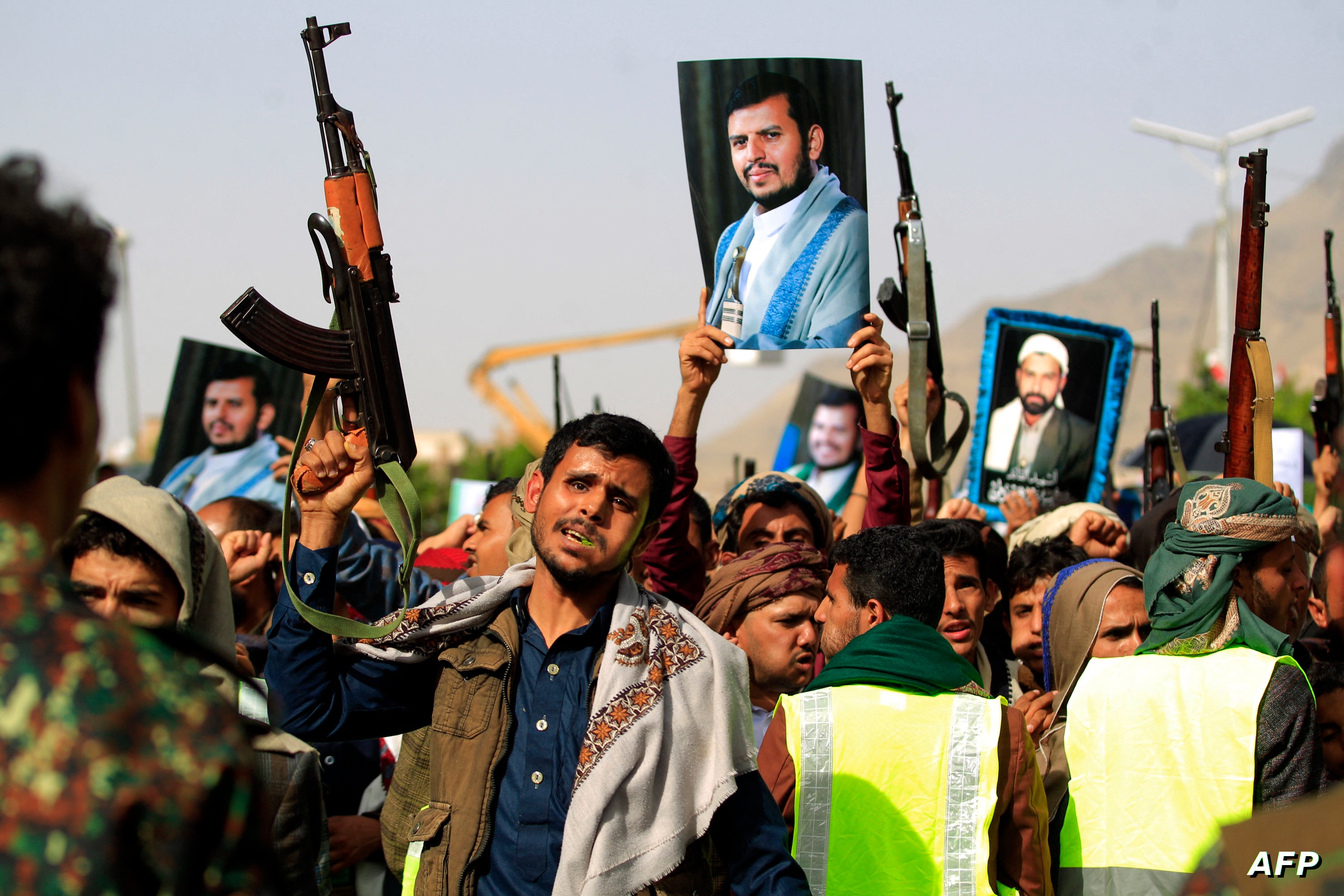


Barran Press
The United Nations Office on Drugs and Crime has accused the Iran-backed Houthi movement, classified as a terrorist organization, of exploiting the UN-brokered truce in Yemen, which began in April 2022, to bolster their military capabilities. The report alleges that the Houthis have subsequently used these enhancements in attacks on shipping in the southern Red Sea and the Gulf of Aden.
Despite the truce, the report highlights that the Houthis have failed to withdraw from the city and port of Hodeidah. Negotiations aimed at furthering a peaceful resolution to the broader conflict in Yemen have made only limited progress, with the Houthis reportedly taking advantage of the lull in fighting to expand their military arsenal.
The report noted that the Houthis showcased a significant array of advanced weapon systems in military parades in Sana'a and Hodeidah, particularly during the anniversary of their takeover of the government, the latest being in 2023. Since October 2023, they have utilized these weapons to launch attacks on commercial vessels, posing a threat to vital shipping routes between the Suez Canal and Bab el-Mandeb.
The ongoing threats and attacks on civilian ships in the Red Sea and Gulf of Aden prompted the United States and allied nations to deploy a naval mission to safeguard international shipping. The UN office stated that these developments have ended a period of relative calm and brought renewed international attention to the conflict in Yemen.
The report also warned of the continued Houthi control over Hodeidah, which they use to target maritime traffic. The group has refused to implement key provisions of the Stockholm Agreement, which called for the withdrawal of their forces from the port and city of Hodeidah. While the agreement led to a local ceasefire and the establishment of a small UN monitoring mission, compliance has been incomplete, particularly regarding the expected full redeployment of Houthi military forces.
Though the truce between the Houthis and the internationally recognized government officially ended after eight months, humanitarian concessions from the government, such as limited commercial flights from Sana'a and improved access for commercial ships to Houthi-controlled ports, have continued.
The UN declared a ceasefire in Yemen on April 1, 2022, which was extended twice and remains in effect despite numerous violations across various governorates.
The Stockholm Agreement, reached in December 2018, was intended to address the situation in the strategic Hodeidah governorate, facilitate the exchange of approximately 16,000 prisoners, and establish humanitarian understandings in Taiz. However, many of its provisions have not been implemented by the Houthis.
The warring parties agreed to an immediate ceasefire in Hodeidah, with mutual redeployment overseen by the UN. Yemen has been engulfed in a devastating war since the Houthi coup against the internationally recognized government in September 2014, leading to at least 377,000 deaths, predominantly among civilians, and plunging the nation into a complex humanitarian crisis.